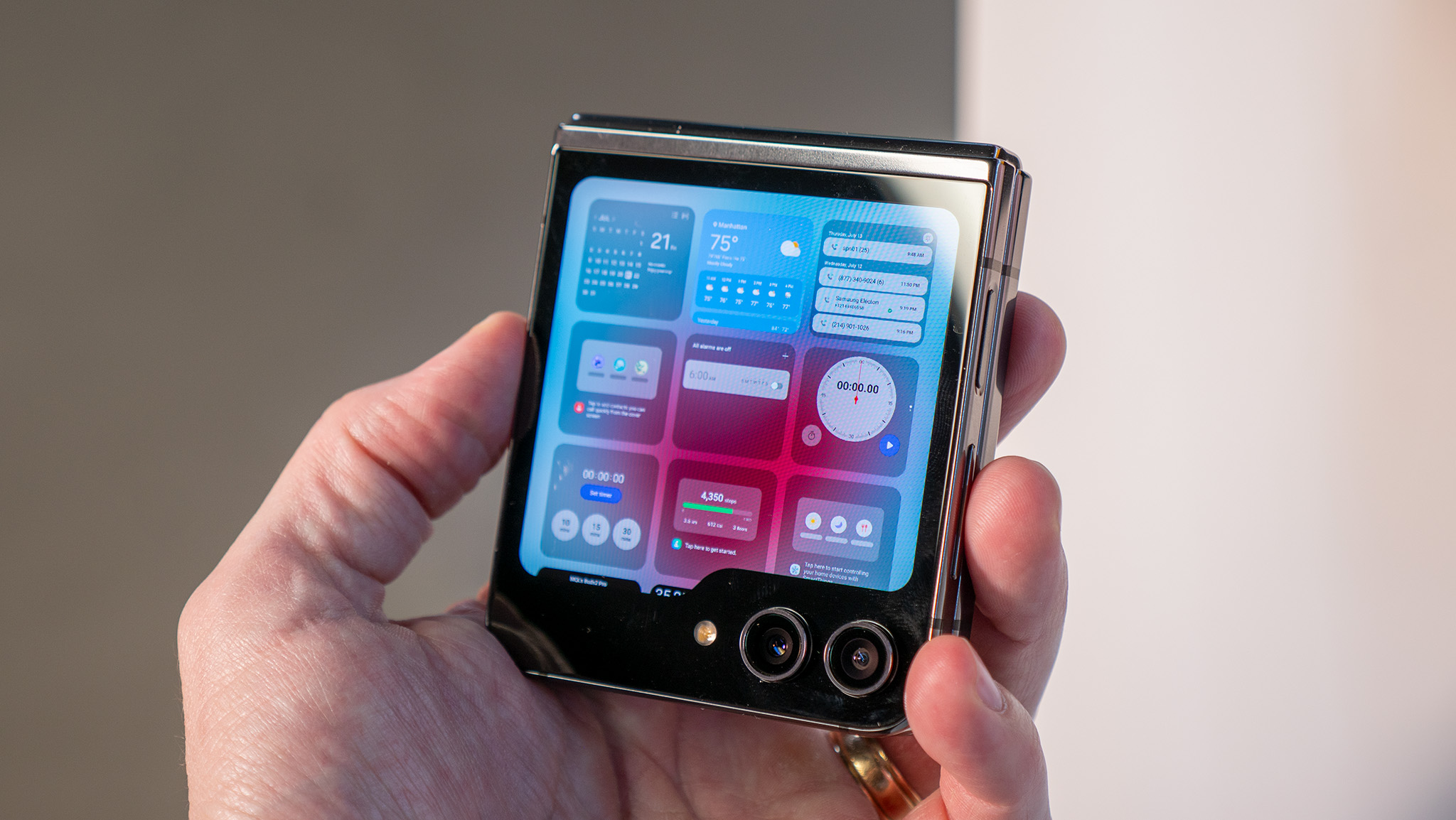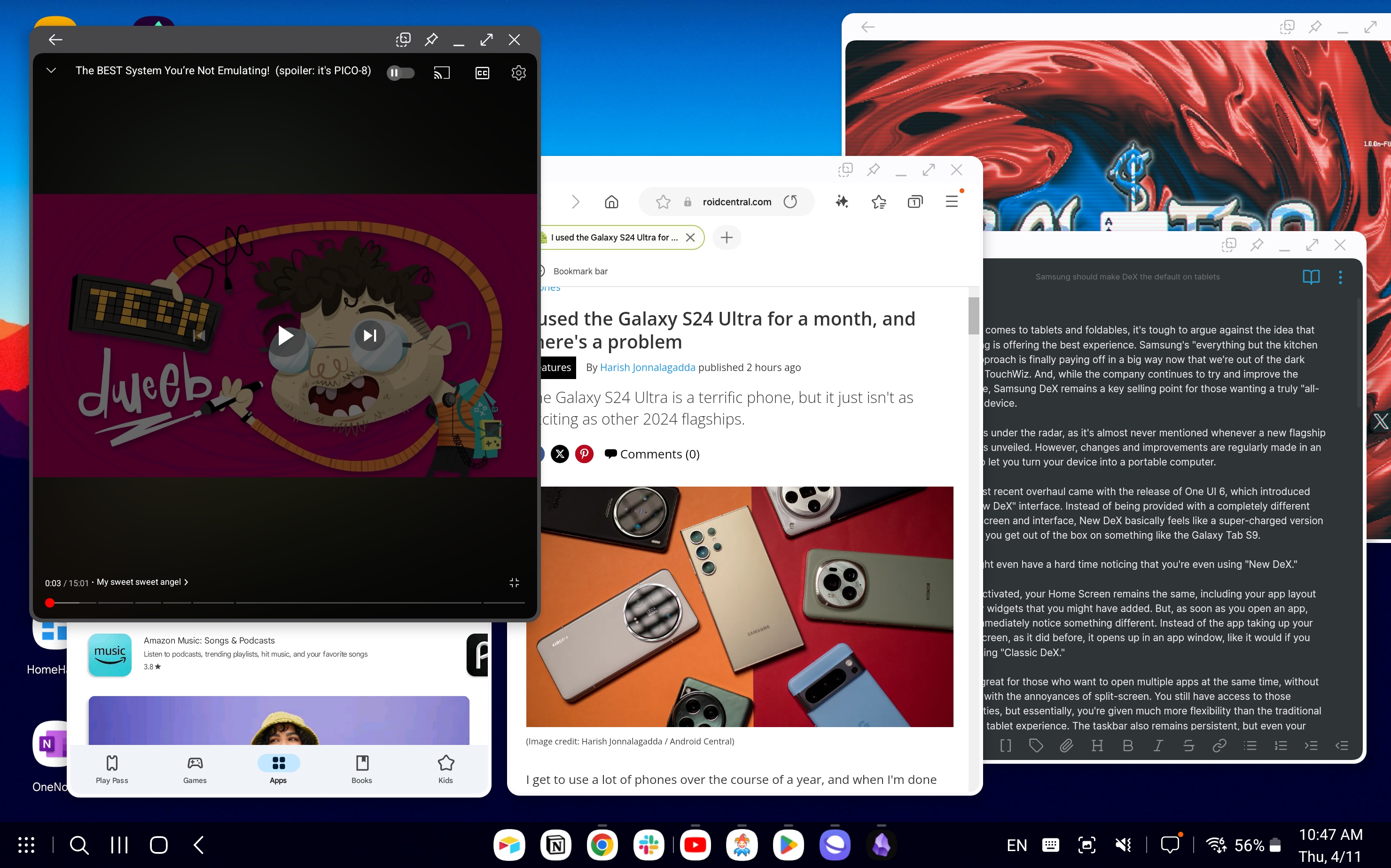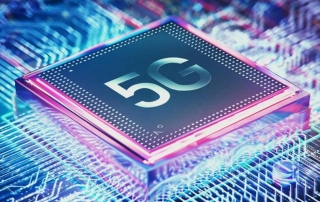So that you’re achieved utilizing an enormous bloated app and wish to be sure to get all these treasured cellphone assets again. Most of us simply transfer on to the following app and neglect about it, however loads of folks suppose you need to dig in there and ensure it is absolutely closed. Which means is true?
Each are advantageous. Pressure-closing an app is not going to harm something, and generally I do it. I am going to say up entrance that if I grant any one-time permissions to an app after I open it, I am going to swipe that app away as quickly as I am completed. Even that might be pointless, although.
Let’s check out what’s occurring and why chances are you’ll wish to simply let Android do it is factor as an alternative of making an attempt to handle another factor in your cellphone.
What does drive closing an app actually imply?

When used as a computing time period, force-closing means terminating a operating course of. Relying on the platform, you would possibly see the phrases kill, SIGHUP, SIGKILL, or SIGTERM used to imply the identical factor. All these do the identical factor—ship a sign to the working system to terminate (not droop) a operating course of, although they do it in barely other ways.
killall -o 30m chrome
# This sends a request for a sleek shutdown
# of all cases of Chrome which were
# operating longer than half-hourNonetheless, this doesn’t suggest an app is closed as a result of many apps use multiple course of. Apps doing duties within the background (not seen in your display screen) act in a different way and have completely different guidelines. Android’s APIs are constructed round this; except you have got rooted your cellphone or are using an app with elevated privileges, that is the way it works.
For those who’re doing both of these items, you are in all probability not studying an article like this in search of solutions. For our functions, drive closing means opening the overview of your open apps and swiping a number of away. This closes the method of that app operating within the foreground, and so far as we are able to inform, it is closed.
Again to the a number of processes utilized by most apps. Apps periodically do issues even when they are not “open” or you have not used them just lately. Typically, these are helpful issues, like a social media app telling you about notifications that you simply requested it to let you know about.
Different instances, it is not so helpful, like free ad-based apps that get your location and report it.
I am going to reiterate — except you are doing one thing that elevates permissions, you may’t cease this from occurring. It is how the working system works as a result of it is how an working system has to work. All pc working methods which have any type of multitasking enable processes to open to carry out background duties. And sure, this may have an impact whereas it is occurring, nevertheless it quickly finishes. You’ll in all probability by no means discover it.
We’re not in a position to management these processes, however what concerning the ones we are able to see on our display screen? As soon as it is not in our face, it is principally suspended, however we are able to push it out of view by swiping it away and forcing it to be closed. However you do not actually need to do it.
Useful resource administration

Android was designed to be very aggressive concerning killing processes and liberating assets. Because it was designed for machines with cell utility processors, no possible way of protecting them cool, and solely a battery to energy them, it may well’t let issues run amok.
One of many methods Android manages assets is by killing processes that are not getting used to open new ones. You could possibly hold opening course of after course of till you run out of reminiscence, however your system would carry out horribly.
The corporate that made your system fine-tuned these settings to maintain processes alive so long as potential (in case they’re wanted once more) whereas protecting efficiency acceptable. A few of these settings take care of background processes so the whole lot that must be achieved can be achieved, and others take care of what we see on our screens.
For those who swipe an app away to try to push it out of your reminiscence, that area will not keep free for lengthy. The working system does not need it to remain empty as a result of that is a type of instances the place free RAM actually is wasted RAM. Having accessible reminiscence with nothing in it does not profit you in any means. Some methods, like Microsoft Home windows, have been designed to have a set quantity of RAM free and empty if potential. Your Android system is not one among them.
Swiping apps away as quickly as you are achieved utilizing them is not going to harm something. It is also not likely serving to something. That is one case the place you may safely ignore it and simply take pleasure in utilizing your cellphone.


